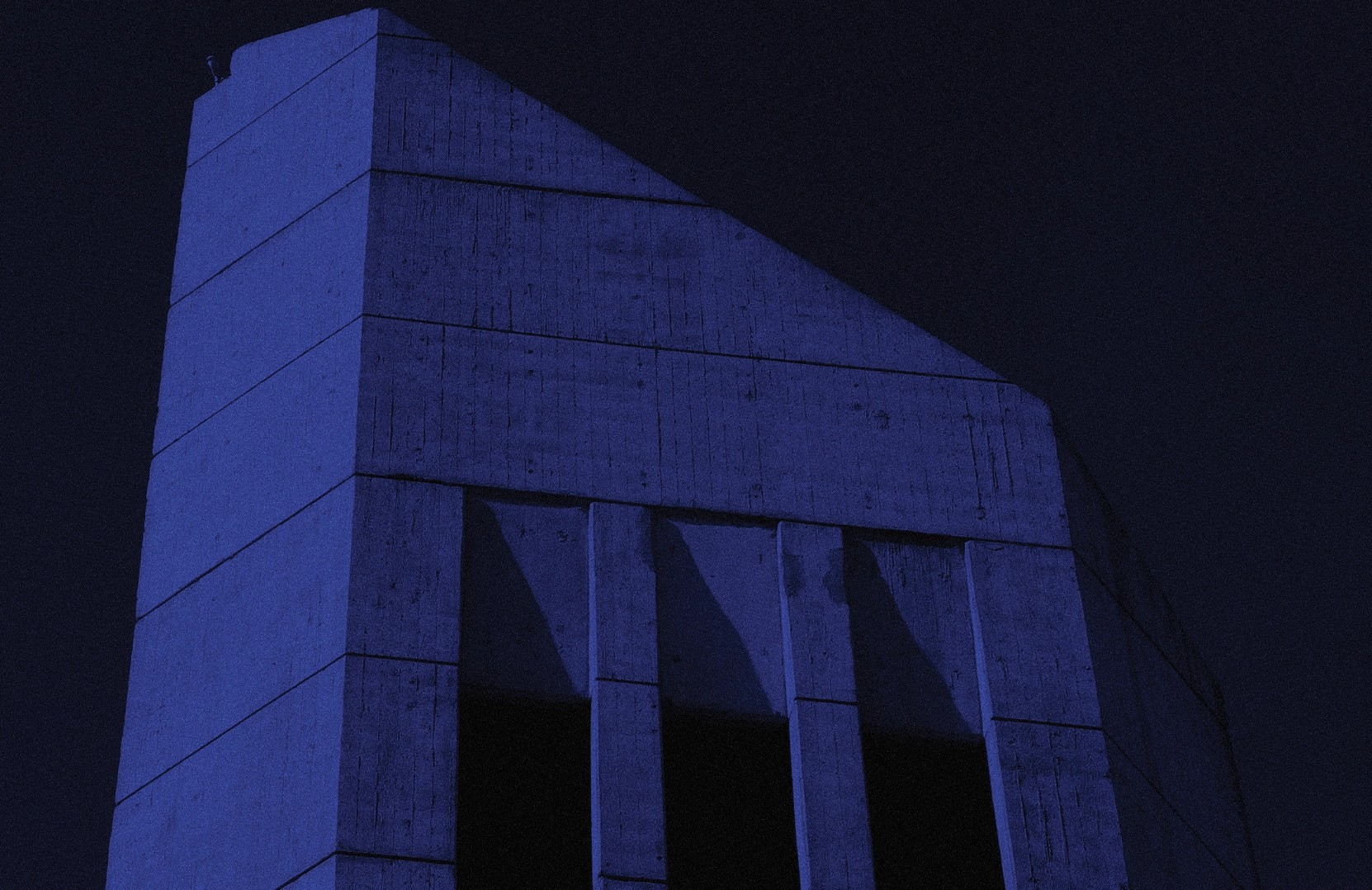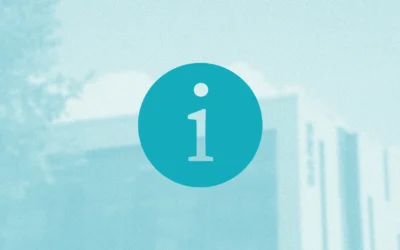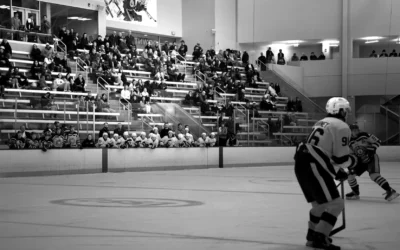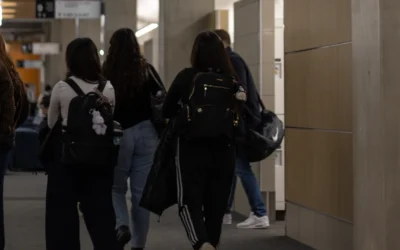Exam Deferral Fees Reduced, Waived
Originally published on October 1, 2024
As of Sept. 1, students at MacEwan University will only be required to pay $50 per exam for exam deferral fees (up to a maximum of $150 per semester), while students who must miss exams due to religious reasons or certain student conduct incidents can now waive the fee entirely.
SAMU president Gabriel Ambutong, who has been pushing the office of student affairs to lower deferral fees, says he’s still asking for more support.
“We’re not 100 per cent happy with the numbers, but it’s a good start, and we intend on pursuing this advocacy avenue.”
While general mental health and other concerns were part of the reason for the change, one reason SAMU sought this change is concerns about student well-being in the wake of global conflicts.
Global Conflict Survey
SAMU conducted a survey in January to poll students on how they’ve been affected by ongoing wars such as the Russo-Ukraine War and the Israeli-Gaza War.
Out of 90 completed respondents, 84 per cent said their mental wellness had been detrimentally impacted, and 61 per cent said their academic performance had been affected as well. Social life was also a major concern, with 67 percent saying that it had taken a toll.
“I think SAMU should work to respond to students faster.”
Abraar Alsilwadi, president of the MacEwan Palestinian Student Alliance.
The survey showed that financial support was the biggest thing students asked for, followed by mental health resources, religious resources, and academic accommodations.
“We wanted to make sure that if we’re gonna have a comprehensive response that’s going to impact our advocacy to the institution — it should be something that is well-formed by data,” says Ambutong.
He adds that SAMU has used this data to push for better resources from wellness and psychological services and has also curated a set of culturally relevant community resources for people struggling due to war.
Other student associations have also been asking for improved support.
Students’ Associations Limited
Ermia Rezaei-Afsah, president of the University of Calgary Students’ Union, says his office has been pushing hard for better mental health resources for some time, but global conflicts have shown further gaps.
Rezaei-Afsah says issues supporting students of diverse backgrounds were especially lacking.
“We’ve been largely successful with that because our wellness centre has been going through reforms.”
However, students’ associations are still limited when it comes to what they can do.
“We’re a small entity,” Rezaei-Afsah says. “When it comes to supporting students in situations like this, our job is to ensure the university is doing their job.”
Back at MacEwan, Ambutong agrees with this.
“We’re limited in what we can support with,” he says. “If students are saying there’s an issue impacting them — we want to know how it impacts your academic success.”
But some students say it’s not enough.
Since the start of the conflict in Gaza, many MacEwan students have spoken out about how it’s affected them, demanding action from both SAMU and MacEwan.
“When it comes to supporting students in situations like this, our job is to ensure the university is doing their job.”
Ermia Rezaei-Afsah, President of the University of Calgary Students’ Union
Not Enough, says PSA
Abraar Alsilwadi, president of the MacEwan Palestinian Student Alliance, says both Palestinian and non-Palestinians have been affected by the conflict in Gaza.
“Palestinians living in the diaspora having to witness the destruction of their homeland and massacre of their people,” says Alsilwadi, who is a Palestinian from the West Bank.
She adds that she’s had to drop several classes due to the stress and grief she’s experienced watching the conflict unfold and that SAMU, but mostly MacEwan, isn’t doing enough “if anything” to help struggling students.
“We wanted to make sure that if we’re gonna have a comprehensive response that’s going to impact our advocacy to the institution — it should be something that is well-formed by data.”
Gabriel Ambutong, SAMU President
“I think SAMU should work to respond to students faster, especially when it comes to urgent cases such as ours and should move away from trying to be apolitical, especially when it relates to basic human rights.”
Ambutong says that advocacy work takes time.
Photo by Amanda Erickson





0 Comments